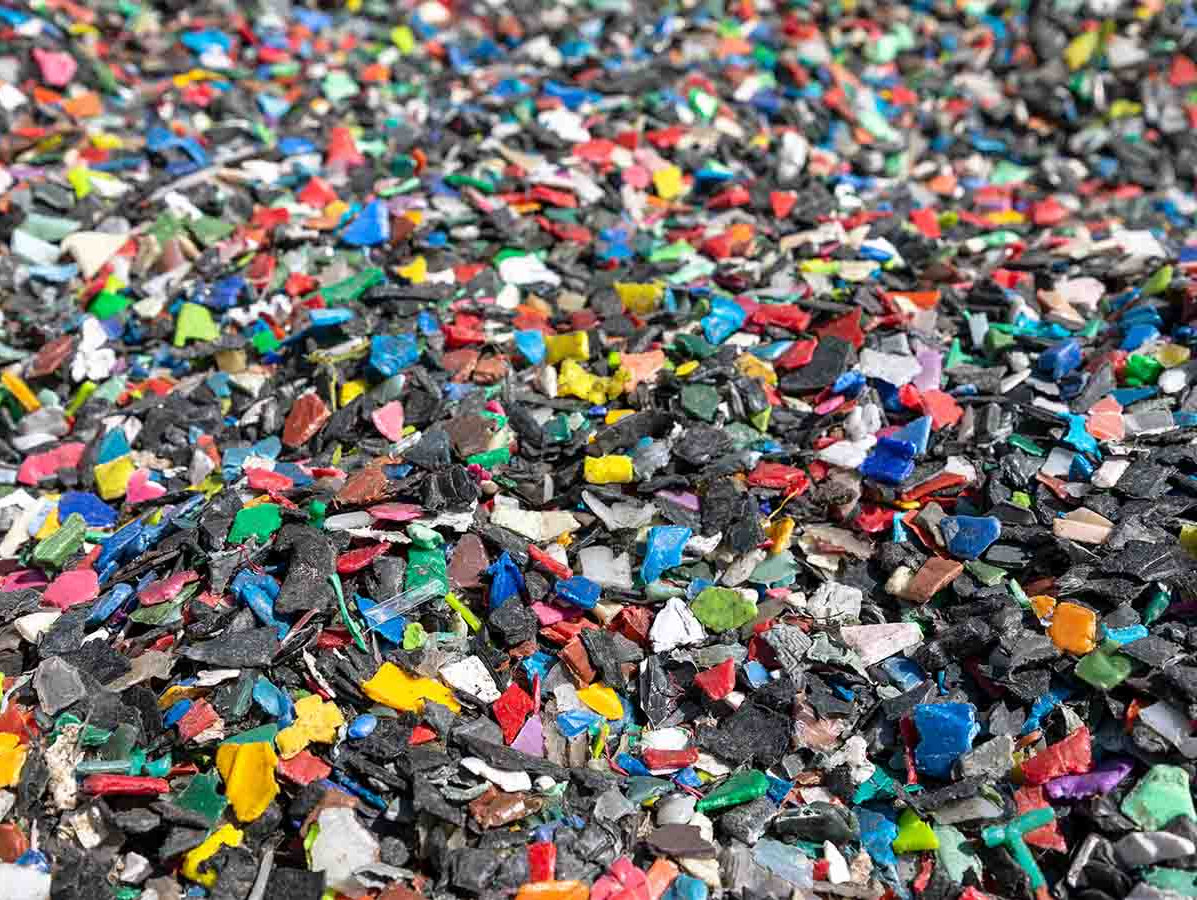
The Dutch government is on the verge of introducing new regulations that will require plastic processors to add a certain percentage of recycled or bio-based plastic to their production process starting from 2027. While the ambition to lead in the circular economy sounds commendable, the reality suggests potential financial challenges for Dutch plastic processors, according to ABN AMRO.
The European Union and the Dutch government aim for a circular economy, yet the current demand for recycled plastic remains low. The proposed mandatory blend from 2027, with percentages rising to possibly 30 percent by 2030, poses challenges for Dutch plastic processors. The shortage of high-quality recyclate and the higher costs could put them at a disadvantage compared to foreign competitors.
The Dutch mandatory blend creates an uneven playing field for plastic processors in the Dutch market. This could lead to production shifting abroad and a failure to achieve the intended CO₂ emission reduction.
The requirement may come too early for processors. The availability of quality recyclate and bio-based alternatives is still uncertain. Moreover, working with recyclate requires additional investments in machinery and staff training.
Plastic processors need to proactively collaborate with recyclers and apply for subsidies to adapt their production processes. This preparation is crucial for a smooth transition to sustainable materials.
There is criticism of the mandatory blend, which may be too late for recyclers and too early for processors. The financial impact and the lack of clear EU standards create uncertainty in the industry.
Source: ABN AMRO